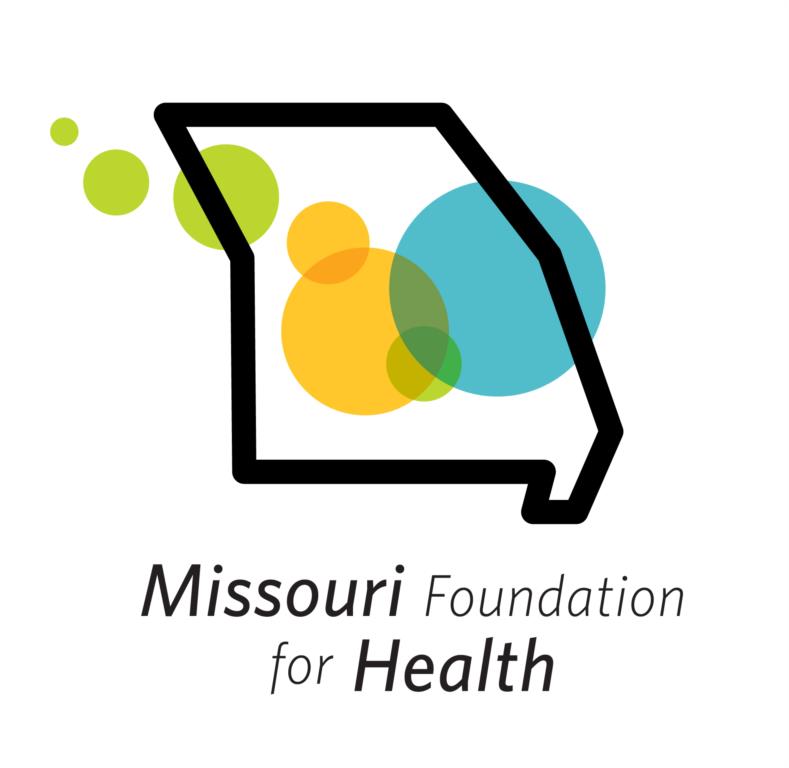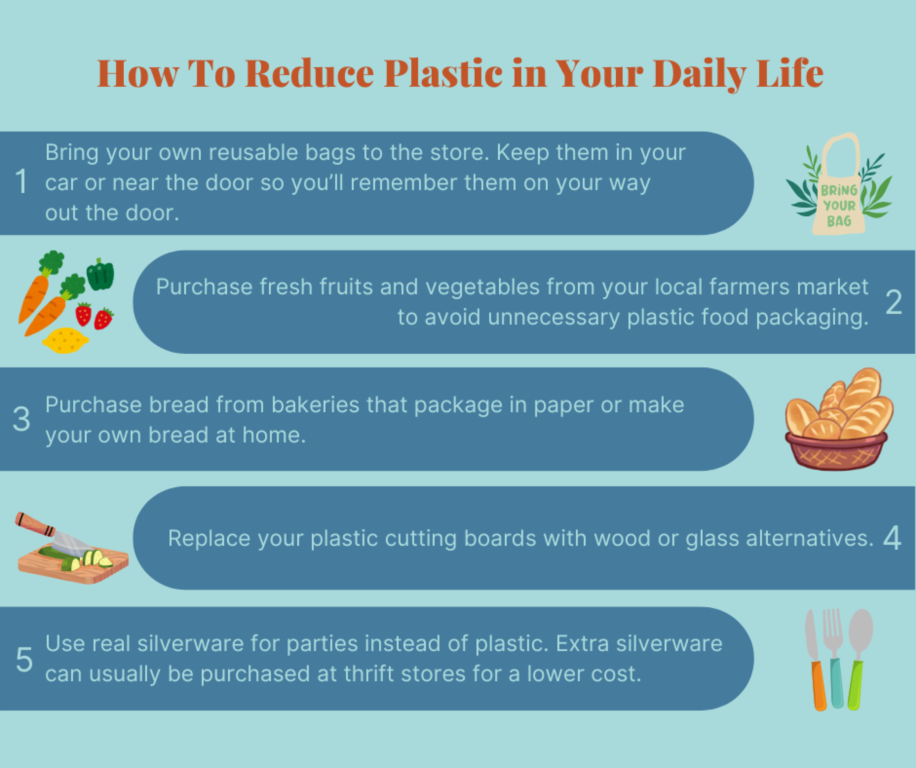1. About The Plastic Project
The Missouri River Bird Observatory has partnered with Streams Team United to provide education and advocacy across Missouri, with a focus on the reduction of plastic use and pollution. This project is supported by the Missouri Foundation for Health.
2. “The Problem with Plastic”
Did you know that plastic is a synthetic product made of petroleum-based fossil fuel and chemicals? Many of the thousands of chemicals found in plastic are hazardous to human health and can leach out of plastic into the environment and our bodies. As demand for traditional fossil fuel-based products is decreasing due to climate change, the fossil fuel industry sees plastic as its “savior of profits.” Many of these plastic products are single-use and are designed to be thrown away. Plastic doesn’t naturally degrade in the environment, leaving micro and nano plastics behind that can last for thousands of years. These tiny plastic particles are now found everywhere on earth from the top of the Himalayas to the bottom of the Mariana Trench. Our bodies are even filled with plastic, posing a risk to the health of every person on earth.
Fear not, the solution to the plastic pollution crisis is more straightforward than you expect. The plastic industry simply needs to stop producing so much of it. While plastic has its place in medical settings or providing accommodations to people with disabilities, there is no need for all the single-use plastic being produced. By supporting a reduction of plastic, you are choosing to prioritize the health of future generations and the planet over corporate pocketbooks.
.jpeg) Still not convinced plastic is a problem? Check out these surprising facts about the state of the plastic pollution crisis.
Still not convinced plastic is a problem? Check out these surprising facts about the state of the plastic pollution crisis.
Plastic Pollution by the Numbers:
America's rank in global plastic production: 1
-The amount of plastic produced annually: Over 460 million metric tons
-The percentage of plastics that gets recycled in the United States: 5-6%
-The percentage of plastic produced annually for single-use plastics: 42%
-The number of chemicals used to make plastics: 16,000
-The parts of the body where microplastics have been found: Blood, lungs, brain, heart, kidney, liver, testicles, breast milk, and placenta
-The number of microplastics particles found in a 1-liter plastic bottle of water: 240,000
-The amount of time it takes Styrofoam to completely break down in the environment: Over 1 million years
-If plastic were a country, it would be the world’s 5th largest greenhouse gas emitter
3. How to Take Action
Now that you know the facts, are you ready to take action and join a global movement committed to keeping plastic waste out of their community? It’s important to remember that as individuals we have little control over the industry’s overproduction of plastic, but there is power in collective action. Whether you’re flying solo or a part of a group, there’s a growing network of people dedicated to keeping plastic out of their communities.
“Nature knows no indecencies, man invents them” – Mark Twain 
A. Reduce your personal use of plastic to protect your health.
Within your own life, reducing the amount of plastic around you can protect the health of yourself and your family.
B. Schedule a plastic presentation to educate members of your community.
Every journey begins with a first step. MRBO provides free educational programs tailored to groups with varying levels of experience in sustainability. Whether you're seeking foundational knowledge or a more structured training workshop, we are here to support your community’s efforts toward becoming plastic-free.
For more information, or to schedule a program, please contact:
Plastic Pollution Education Coordinator
showmelessplastic@mrbo.org
C. Join a Beyond Plastics local group or affiliate.
Join the growing movement of people working to reduce plastic pollution in their area! Use the map above to see if any Local Groups or Affiliates are active in your area. If there is none in your area, consider starting one!
Local groups are groups composed of three or more people in a community who work together to end plastic pollution.
Affiliates are independent existing organizations whose work includes reducing plastic pollution.
For more information on joining or becoming a Beyond Plastics Local Group or Affiliate, please contact:
Plastic Pollution Education Coordinator
showmelessplastic@mrbo.org
D. Use your voice to advocate for underrepresented communities and demand corporate accountability.
Support a ban of toxic vinyl chloride (PVC) – https://www.beyondplastics.org/actions/ban-vinyl-chloride
Support a strong Global Plastics Treaty - https://www.beyondplastics.org/actions/global-plastics-treaty
E. Connect with our team!
Let us know if you are interested in learning more about how to help with this effort in your community! Click here.
4. Helpful Resources
- Beyond Plastics' Website
- Stream Teams United Show-Me Less Plastics Page